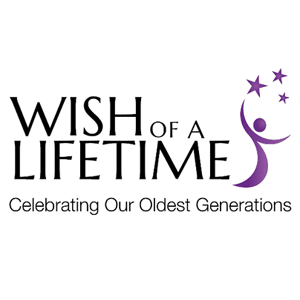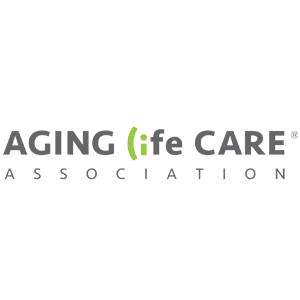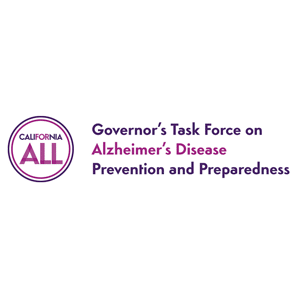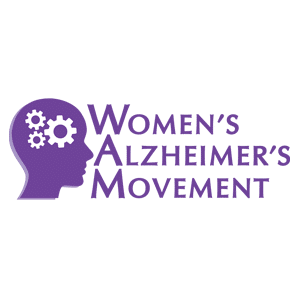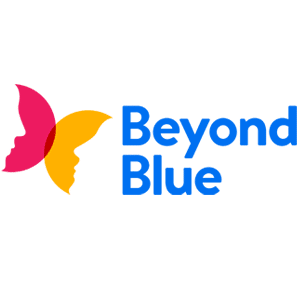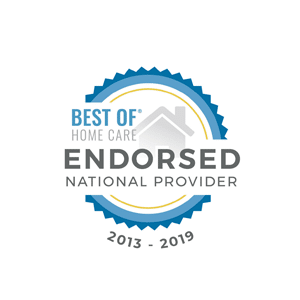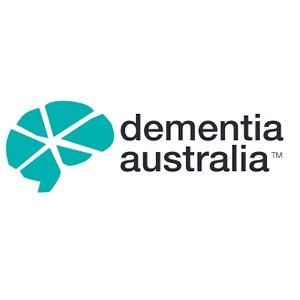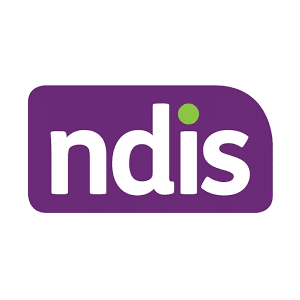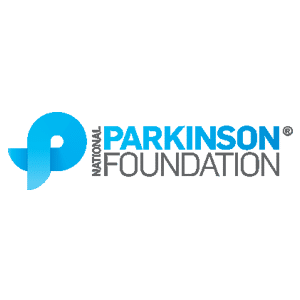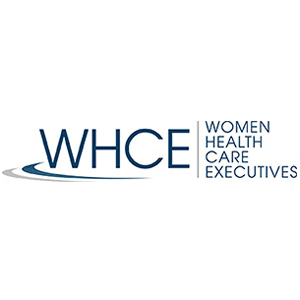
Home care following a Stroke
A stroke is a medical emergency which occurs when the blood supply to part of your brain is either interrupted or reduced. This leads to the brain tissue being starved of oxygen which can lead to the brain cells dying within minutes. Therefore, early action is vital to reduce potential complications from a stroke. There are three common types of strokes:
Ischaemic strokes: An ischaemic stroke occurs when blood flow through an artery which supplies oxygen rich blood to the brain becomes blocked. It is the most common type of stroke (87%) and often caused by blood clots within the vessel itself.
Haemorrhagic stroke: A haemorrhagic stroke occurs when an artery in the brain is ruptured. This causes blood to leak into the brain which damages the brain cells.
Transient Ischaemic Attack (TIA): A transient ischaemic attack is often described as a mini stroke and differs from the other types of stroke as blood is only blocked to the brain for a short period of time (usually no longer than 5 minutes).
Some of the common lifestyle related risk factors that can lead to a stroke include high blood pressure, smoking, obesity, diabetes, heavy drinking and an irregular heartbeat. Your risk of suffering a stroke increases when multiple risk factors are present. Therefore, it is important to address some of these lifestyle factors early to reduce your risk of having a stroke.
Common signs and symptoms to look out for include slurred speech and trouble understanding what others are saying, paralysis or numbness in the face, arms or legs, vision problems, headache and trouble walking. If you are experiencing these symptoms or with someone who is displaying some of these signs, it is important that you call 000 immediately as there is greater potential for permanent disability if a stroke goes untreated for a long period of time.
In-home services can help ensure a successful recovery at home to maximise long-term independence. At Home Care Assistance southeast Melbourne, we have many different types of services available if you or someone you know has suffered from a stroke. These home care services can help you achieve your rehabilitation goals. These range from daily or weekly care visits through to having a live-in career if the client has more complex needs.
Participants with approved NDIS core supports plans can access home care services such as help with showering, meal preparation, companionship and social visits. Or home care services can be funded by government subsidised home care packages which are needs based and range from Level 1 which is a basic home care package to Level 4 which is used for clients with high care needs, or the packages can be privately funded if you or your family member is not eligible for government funding. Receiving support from a career or a loved one during this time can help to support both physical needs as well as improve cognitive function.
To determine if you or your loved one is eligible for government funding, then you will need to fill out the application form online at myagedcare.gov.au or call My Aged Care on 1800 200 422.
HCA, home care assistance, home care packages, home care services
